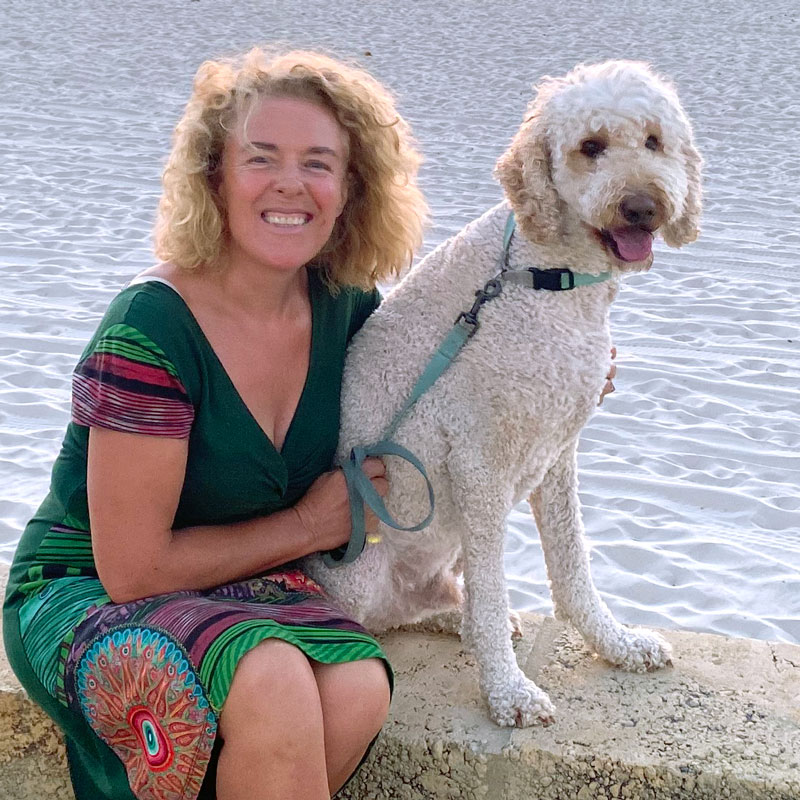Hello!
A warm welcome back to you my loyal readers and listeners. Follow this link to listen. Thanks for your very kind and encouraging emails following Blog#106 – Standing on the Edge. It generated some interesting feedback, mostly helpful but there was one email that challenged me to think about how my perceptions of other people’s choices might be worth reviewing. I took the challenge, and it is what has led me to write about choices today. The email in question pointed out that I hadn’t in fact been intentionally abandoned by a certain friendship group as I had inferred in my writing. Instead, our paths had diverged, each of us answering to our own individual callings which resulted in us growing apart. I felt embarrassed, if I’m honest, that I hadn’t given this much thought during the writing process. I guess you could say that I just vented and then pressed ‘publish’. A dangerous thing to do and one I am fully accountable for. I take responsibility for the mistakes I’ve made. But the mistake wasn’t in writing what was on my mind. No, to understand the mistake I needed to backtrack to way before I ever formed relationships as an adult. As I’ve quoted before, and still in full agreement with the 19th Century philosopher, Søren Kierkegaard, ‘Life is lived forwards, but it is only understood backwards’, I am constantly learning how my thinking has shaped the way that I have experienced life and relationships.
‘aha’ moment
I had an ‘aha’ moment recently which revealed a painful truth about me. I woke up to the fact that my chronic cannabis use which started when I was just 15 years old and continued until I was 38 had severely impacted my ability to think rationally. It is a very sad and scary thought that my perceptions of people were changed because of how cannabis affected my thinking. This drove me away from the very people who I needed in my life – my family. I became quite distressed by this realisation. While cannabis use is becoming increasingly accepted in society today, a recent study in The Lancet Psychiatry reported that close to 200 million people worldwide use it, I’m concerned about the dangers that it poses to the young, developing brains of users. The main reason for my concern is based on my own first-hand experience of how it made me paranoid and how it amplified feelings of not fitting in or not being understood. The young developing brain is fragile and is much more vulnerable to the effects of THC, the psychoactive component of cannabis, in that it’s much harder for an immature person to separate themselves from the thoughts that they have. That isn’t to say that there aren’t young people who are already wise to their own power to be the master of their thoughts; I’ve no doubt there are plenty and I celebrate them. I can only speak about my own experience and how my choices got me to where I am now. I’m not in the business of beating myself up anymore, I’m simply digging deeper to uncover the mistakes that I made in the hope that my insights might help others or, even better, act as a cautionary tale for young people who might think that daily cannabis use is OK. It is not OK.
chronic drug or alcohol use
What worries me is how our society is becoming more and more aware of the dangers of alcohol to the point where some are even saying that smoking cannabis is not as bad as drinking alcohol.Let me make it clear. Any chronic drug or alcohol use will mess with the delicate chemical balance of the brain and create mental health issues for the user in the long run. The younger the person starts, the more severe the repercussions will be. I am not against the occasional drink or the occasional joint of cannabis because I believe that the human body can cope with small amounts. It’s when we bombard the body with substances multiple times per week that we over-ride the body’s natural state of balance that is essential for a healthy existence. This is exactly what I did from the age of 15. Like many teenagers I was curious, rebellious, and desperate to be independent. I broke rules, I pushed boundaries and I caused trouble. But unlike many teenagers during my youth, I started smoking cannabis while my brain was still very fragile. Studies that have been published in the reputable publication that I mentioned earlier show that there is a strong link between cannabis use in young people and psychiatric disorders later in life. It explains a lot for me. None of my siblings engaged in chronic cannabis use and none of them have been crippled by depression, anxiety, and alienation in the way that I have. Of course, I have no way of proving that my cannabis use was the cause of these things. All I know is that it makes a lot of sense to me. I loved cannabis because it altered my mind, but it made me overthink things which led me down a rabbit hole where my thoughts got darker and darker.
straight to hell
I can pinpoint the onset of my depressive moods and anxious moments to times when I was thinking that the world was against me. Looking back now it is clear what was happening to me but unfortunately, I wasn’t aware of it at the time. I was just getting carried away on the wave of paranoid thoughts about how people didn’t like me and how I took that as proof of my unworthiness. I guess it’s only fair to mention that by the age of 15, I had already convinced myself that I was unworthy, that I was bad and that I was going straight to hell when I died! The more I thought like this, the more I had to drink and/or smoke cannabis to kill the thoughts and numb the pain. You know the rest. I will spell it out again, just in case. The alcohol and the cannabis made the thoughts worse and the pain deeper over time.
our growth and our freedom
It’s weird how I’ve slowly been waking up to this truth since I first got sober in May 2019. One of the first lessons I learnt back then was from the quote by psychiatrist and Holocaust survivor, Viktor Frankl, ‘Between stimulus and response there is a space. In that space is our power to choose our response. In our response lies our growth and our freedom.’ I know I’ve quoted this many times before and I will continue to do so because it is possibly the most important lesson that I have learnt in my life so far. What’s weird is that it has taken a long time for it to properly sink into my psyche and for me to be able to live by it. I think meditation has helped to embed it too because during meditation we become acutely aware of our thoughts and are empowered to make a choice about them.
benefit of the doubt
I often wonder how many people really stop and listen to the things that they or that annoying monkey on the shoulder tell them. There’s a really powerful counselling intervention called DBT (dialectical behaviour therapy) which, amongst the many helpful things it does, provides clients with the skills to better manage their thoughts and emotions thereby improving their relationships with others. How it does this is by getting clients to interrogate the beliefs they have about things that happen, especially those things that are not within their control. So, for example, if you send a message to a friend or a family member and they don’t reply there are a number of ways you can think about this and respond. The old me would have believed the worst, that the person didn’t care about me and was purposefully ghosting me. I would have used this as evidence that I was unworthy and added it to the big, long list of things that I kept in the back of my mind about me in relation to the world. I would have become more isolated and fallen into a dark place for a while. But the new me, aware of the stories that I could tell myself if I’m not careful, chooses to acknowledge that I don’t actually know for a fact why that person hasn’t responded, and I choose to accept that everyone has their own stuff going on and it’s best to choose to give the person the benefit of the doubt for their sake and my own.
the stories that we told ourselves
It all sounds fairly juvenile as I read back over it, but it is the truth, and I need to share it. I hope that you are way ahead of me in this respect and that you can roll your eyes at my stupidity. I don’t mind. I’ll be happy that you have not been stuck for as long as I have been in this very destructive space in my head. I can’t change the damage that my messed-up thinking has done to my relationships with others, but I can sure as hell stop tripping over that jagged stone that has cut my feet too many times to mention. Awareness is the key. Knowing the difference between the thought that I have and the action that I take and using the space in between to my advantage is bringing me a whole lot of peace now for which I am very grateful. It’s all about the stories that we have told ourselves that have shaped our lives and continue to do so. With awareness, we can listen to those stories and ask ourselves ‘does this story allow me to be the best person that I can be?’, or ‘how does this story impact on the relationship that I have with myself and others?’. Stories are powerful and we can rewrite them at any time; it’s never too late.
If you know someone who has, or is at risk of developing, a habit of chronic cannabis use, please share this blog with them and encourage them to take care of their mental health now and for the future.
And finally, please remember that you always have a choice and that is your power. Use it to your advantage. Thanks for being here. Love, Gill x

